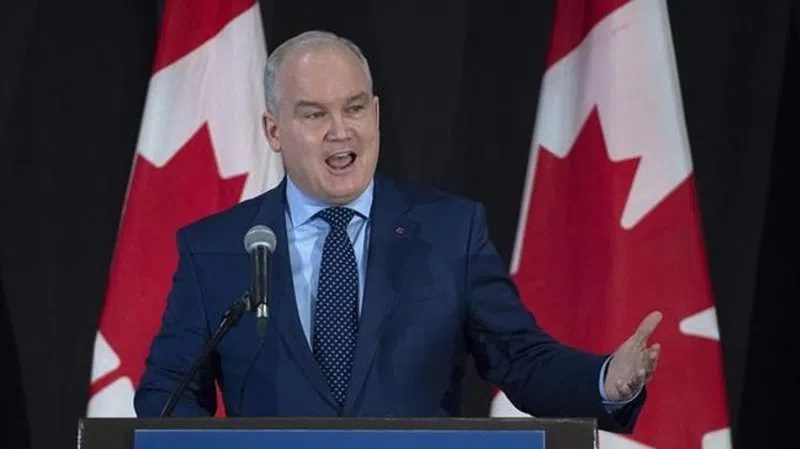
Jason Kenney endorses Erin O’Toole for leadership of Conservative party
OTTAWA — Alberta Premier Jason Kenney, king among leaders of the conservative movement in Canada, is endorsing Erin O’Toole to lead the federal party.
His seal of approval comes as O’Toole revs up efforts to catch up to Peter MacKay, whose leadership campaign has now raised upwards of $1 million in his quest to win the contest.
While MacKay has also secured endorsements from many current Conservative members of Parliament, Kenney’s endorsement was one of the most coveted in the leadership race.
Though now premier of Alberta, Kenney served as an MP from 1997 until 2016 and was instrumental in expanding the current Conservative party, especially among suburban Canadians.
